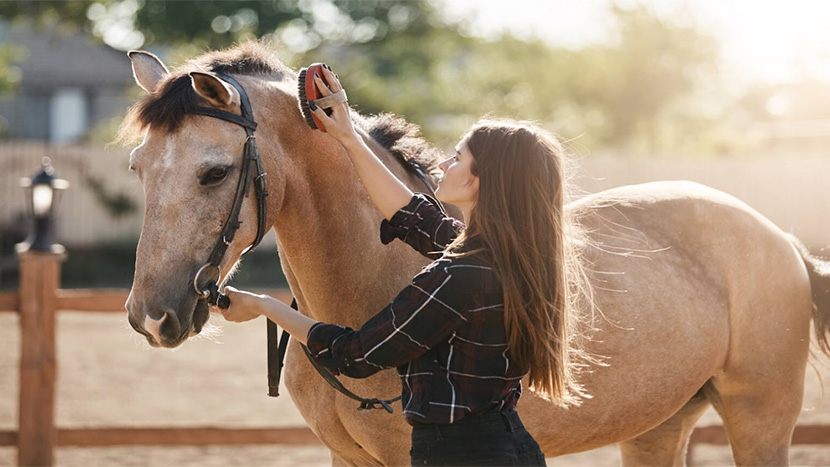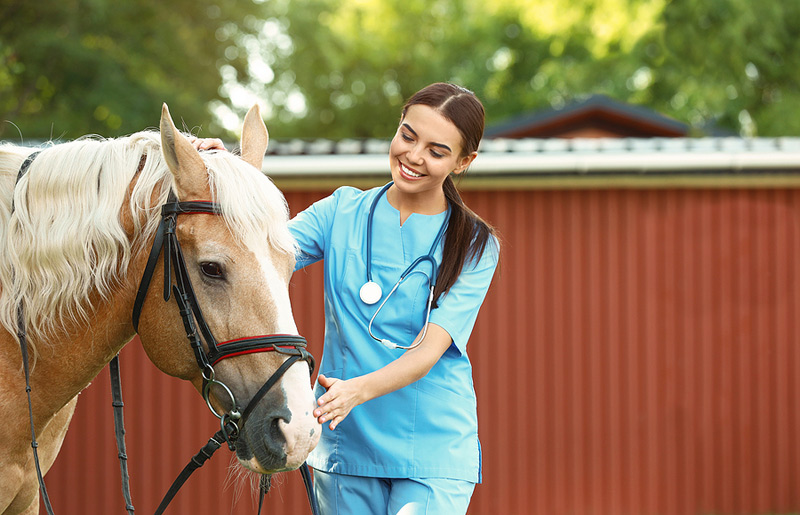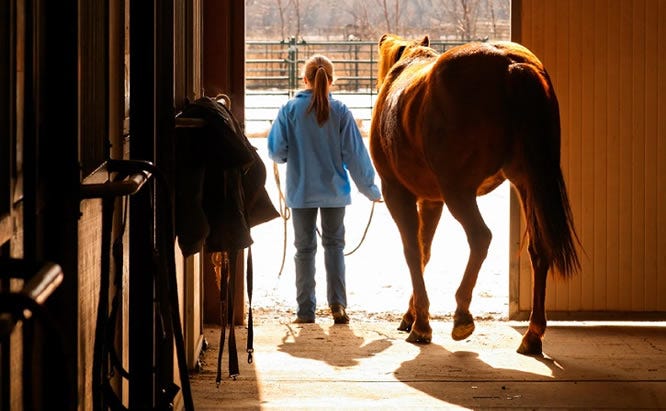For many equestrian enthusiasts, knowing when to retire a horse is an important aspect of horse care. Horses, like humans, have a certain lifespan, and their health and well-being must be prioritized. This decision is never easy, but it’s essential to ensure your horse enjoys a comfortable and dignified retirement. In this article, we will explore various factors to consider when deciding the right time for your horse to retire.

Understanding a Horse’s Lifespan
The average lifespan of a horse is around 25 to 30 years. However, just like in humans, the aging process can vary greatly between individual horses. As a horse owner, understanding the typical life stages of a horse can help you make informed decisions about retirement.
Signs of Aging in Horses
It’s crucial to recognize the signs of aging in horses. These include reduced stamina, slower recovery after exercise, changes in coat condition, and weight loss. Horses may also develop arthritis, which can affect their mobility and comfort.
Evaluating Your Horse’s Health
Regular veterinary check-ups are vital for assessing your horse’s health. A veterinarian can provide insights into health issues that may warrant retirement. Conditions such as chronic lameness, respiratory problems, and severe dental issues are indicators that your horse may need to retire soon.
Assessing Physical Ability
Evaluate your horse’s physical ability to perform tasks. If your horse struggles with activities they once enjoyed, such as jumping or running, it might be time to consider retirement. Senior exercise can be a good indicator of their physical condition.
Emotional Well-being of Your Horse
Horses are social animals and can experience changes in behavior due to aging. Pay attention to your horse’s emotional well-being. If they seem less interested in interaction or activities, this could be a sign of aging.
Social Interactions
Horses often thrive in social environments. Observe how your horse interacts with other horses. If they become more isolated or aggressive, it could indicate stress or discomfort associated with aging.
Retirement Options for Horses
Once you’ve decided to retire your horse, consider various retirement options. Some owners choose to keep their horses in familiar environments, while others opt for dedicated retirement facilities.
Home Retirement
Many horse owners prefer to retire their horses at home, where they are familiar with the surroundings. This option allows for personalized care and attention. Pasture management is crucial in ensuring your retired horse’s comfort.
Retirement Facilities
Retirement facilities offer structured care for senior horses. These facilities provide specialized diets, medical care, and socialization opportunities. Caring for older horses in such environments ensures they receive the attention they need.
Financial Considerations
Retiring a horse involves financial commitments. Consider the costs associated with continued care, including veterinary bills, feed, and housing. Planning financially for your horse’s retirement is essential to ensure they receive the care they deserve.
Insurance and Savings
Review any insurance policies you may have for your horse. Setting aside savings specifically for retirement expenses can alleviate financial stress and ensure your horse’s needs are met.
Maintaining Quality of Life
Retirement doesn’t mean inactivity. Keeping your horse mentally and physically stimulated is crucial for their well-being. Engage in gentle activities and provide companionship to enhance their quality of life.
Hydration and Nutrition
Proper hydration and nutrition are key factors in maintaining a retired horse’s health. Senior hydration is particularly important, especially during warmer months.
Consulting with Experts
Consulting with equine experts, including veterinarians and trainers, can provide valuable perspectives on retirement decisions. Their expertise can guide you in making the best choices for your horse.
Regular Health Assessments
Schedule regular health assessments to monitor your horse’s condition. These assessments can help identify any changes that may indicate the need for adjustments in care.
Conclusion
Knowing when to retire a horse is about recognizing the signs of aging and making informed decisions. By considering your horse’s physical, emotional, and social well-being, you can ensure they enjoy a fulfilling retirement. Remember, your horse has given you years of companionship and joy, and they deserve the best care in their senior years.

FAQs
What age should a horse be retired?
There is no specific age for retirement. It depends on the horse’s health and abilities. Regular veterinary check-ups can help determine the right time.
How can I provide the best care for my retired horse?
Ensure a balanced diet, regular exercise, social interaction, and proper medical care. Consider pasture management and hydration needs, especially during summer.
Can a retired horse still be ridden?
Some retired horses can handle light riding, but it depends on their health. Consult with a veterinarian to determine if light riding is appropriate.
This article contains affiliate links. We may earn a commission at no extra cost to you.
